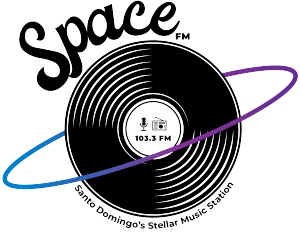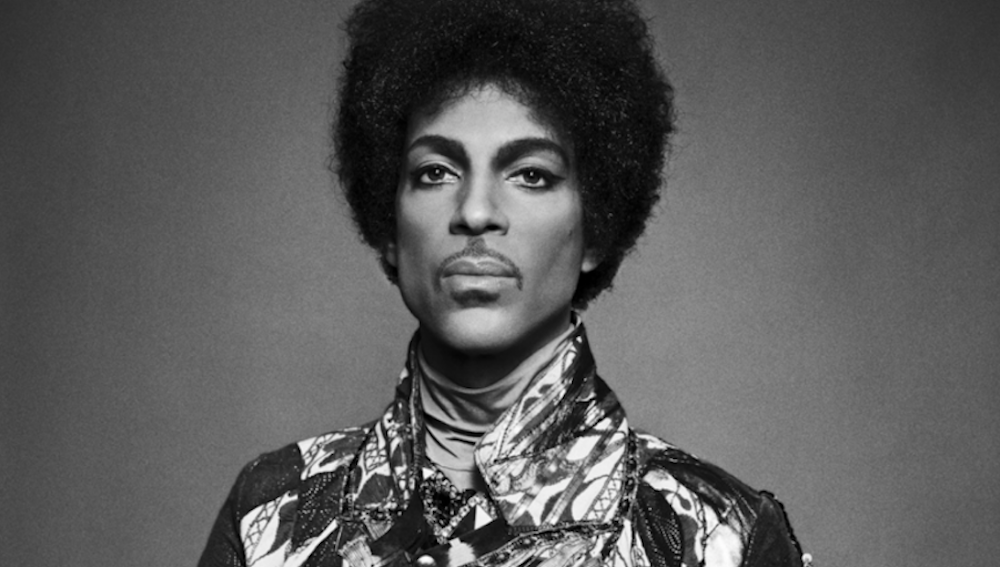
Twelve years ago, during his St. Paul leg of 2004’s Musicology tour, Prince was holding court in the midst of an immaculately timed and performed set at the Xcel Energy Center when he took a moment to tease out the first few lines of «Heartbreak Hotel» — and then promptly cut himself off and quipped «you gotta be a Prince before you become a King.»
Prince’s passing earlier this year was as shocking and resonant as Elvis’s was in 1977, and in many of the same ways, particularly in that it happened in the home turf he’d long resisted leaving no matter how high his star rose. Seeing the international reaction radiate in and out of the Twin Cities, from Paisley Park and First Avenue out to the rest of the world, has only extended the lost-icon vibe that the state still hasn’t shaken nearly six months later. The notion to put together an all-star tribute show to the man who put the Minneapolis Sound on the map was, above all else, a foregone conclusion.
But the logistics weren’t. A venue change from the massive new Minnesota Vikings stadium — where Prince had originally been scheduled to christen with its first concert in August — to the (comparatively) more modest Xcel hockey arena took some wrangling. And some of the artists who had originally been pencilled in had to cancel less than a week before show date due to scheduling conflicts (John Mayer) or medical orders (Christina Aguilera, told by doctors to rest her throat) or unknown reasons (Anita Baker). All the way up to the very day of the show (Oct. 13), it seemed like a few knots still had to be untied.
And yet even with all the potential snafus thrown into the works, the big takeaway from what was billed as The Official Prince Tribute was that an arena show heavy on friends, family, collaborators and old bandmates felt more true to the spirit of a home-rooted local megastar like Prince than anything twice as big and star-studded could warrant. The five-hour set, which extended well past its stated 11 P.M. ending time, was less an all star celebrity showcase than a rousing jam session by a collection of his peers – some of which happened to be stratospheric talents, early influences, and a bunch of friends he brought along into an incredible inner circle of talent.
Sometimes they were all three categories at once — like multi-instrumentalist Andre Cymone, the teen-years friend of Prince who became a member of his pre-Revolution touring band in the late ’70s; Cymone renewed his youthful come-up energy as one of the most dynamic and prominent stage presences during the whole show from his rendition of «Uptown» onwards. But it never felt like a hierarchical situation: drummer Bobby Z got to hold forth about his first time hearing Prince in 1977, practicing every instrument he could get his hands on at Minneapolis’s Moonsound Studio, but more recent collaborators and proteges like early ’10s backing band 3RDEYEGIRL had just as much of a presence as the assembled New Power Generation alumni they seamlessly riffed off. It was a collection of artists who all felt like they fit together, no matter what directions intervening time and trends had pulled them.
While the show had the initial feel of a compacted festival lineup — first there was St. Paul R&B favorites Mint Condition, searing through an intense, almost hard-rocking opening set of «America,» «DMSR,» and «When Doves Cry,» followed in turn by a rapidfire, «Jungle Love»-blasting set by Morris Day & the Time –– the lines got blurred quick enough between hosts and guests. The New Power Generation house band worked tirelessly through two 2-and-a-hour sets, separated by a half-hour intermission but otherwise relentless, leads swapping between the rotating cast of NPG singers and the special appearances.
Late additions Jessie J (who belted her way through a «Nothing Compares 2 U» duet with late ’90s NPG vet Kip Blackshire) and Nicole Scherzinger (playing up Prince’s pop side with «Nasty Girl» and «Baby I’m a Star») made the most of their pinch-hitting appearances, and Luke James’s intense falsetto was well-suited to take on «Do Me Baby» and «The Most Beautiful Girl in the World». But sometimes a longstanding member of Prince’s inner circle was what a song really called for — and the early set’s rapid succession of NPG singers, from Shelby J’s «Erotic City» to Liv Warfield’s «Hot Thing» to Marva King’s «Kiss» to Blackshire’s «Anotherloverholenyohead,» felt as much of an eclectic talent showcase as the big-name appearances did later on.
That one of those big names was Judith Hill, who recorded her Prince-co-produced debut Back in Time at Paisley Park two years after 20 Feet From Stardom introduced her to the wider world, attests to Prince’s ear for nurturing talent — and, through her performance, emphasized the gospel-choir undercurrents of spirituality in his music, whether explicitly religious («The Cross») or emotionally secular («How Come U Don’t Call Me Anymore?»). It was the culmination of a long throughline showing how Prince could be pop, contemporary (and often futurist) R&B, and throwback soul with just the slightest, most natural shift in perspective, whether it was his own or through the lens of an artist he’d inspired. And that it took all these artists from differing eras and background to even start to cover it all said a lot.
Of course, the show said a lot of a lot — as previously mentioned, the show went five hours, and included everything from a bellydance performance by Prince’s first wife Mayte Garcia (balancing a sword on her head one moment, sinuously moving to «7» the next) to Portugese fado singer Ana Moura, who turned «Little Red Corvette» into a slow ride on a cold night to Doug E. Fresh turning «Pop Life» into a loud hip-hop call and response. Prince, it should be remembered, had a ton of friends, even if you just stuck to the P-Funk-sized house band that bandleader Morris Hayes put through an absolute marathon.
And the two artists who really drove it home were the ones whose renown preceded Prince’s, yet benefited immensely from his inspiration and collaboration. Chaka Khan has the honors of being one of the few artists who could truly own a Prince song after he’d already recorded it, and of course the anticipation for «I Feel For You» hung heavy in the crowd. But in leading up to it with the underrated 1998 Prince co-write «Betcha I» (from her Paisley Park-cut Come 2 My House) and jumping back to ’75 for Rufus’s «Sweet Thing,» Khan slyly grounded her connections as both an influencee and influencer before bringing out Stevie Wonder himself to reprise his harmonica lead on «I Feel For You.» And while they were both out there, hey: why not a duet on «1999»?
The longer the show went, the more free-flowing it felt: a post-intermission selection of 3RDEYEGIRL’s recent Prince-goes-Zeppelin heaviness segued into Bilal going nova on «The Beautiful Ones,» literally falling to his knees and curling up on the stage once he wailed its «BABY BABY BABY I WANT YOU» coda to the rafters. Guests dropped in and out and in again — Doug E Fresh might’ve had his own personal revolving door — and moments that felt like they could’ve been big-deal finales in any other context just segued into new surprises. Tori Kelly emerging for the mood-swing two-fer of «Let’s Go Crazy» and «Diamonds and Pearls» might’ve been remarkable enough, but then Stevie came back out again to join her in duets of «Take Me With U» and «Raspberry Beret.» This was all after bandleader Hayes joked about all the hits they still didn’t have the chance to play, and insinuated that there were so many they might have to make a return engagement.
More than an hour after the show was set to end, Stevie addressed a crowd that had noticeably thinned but still hadn’t lost its energy. «I will miss him so much,» he said of Prince, «he had so many plans to make the world a better place… I just hope that for the rest of my life, every single day of it, I’ll continue to heal in the spirit of this man.» And then, after a penultimate set that covered Donny Hathaway’s «Someday We’ll All Be Free» and an extended vamp on Wonder’s own «Superstition,» the band closed out with an encore of the only song they really could close with — and the only voice that had been absent to that point. «Purple Rain» actually used a vocal track recording of Prince himself, an bittersweet ending that only got more so when a recording of him saying «I love you» echoed through the purple glitter confetti-strewn arena at the conclusion. It was an exhausting show — emotionally and physically — but it was exhaustion among friends.
CREDITS TO BILLBOARD.-



